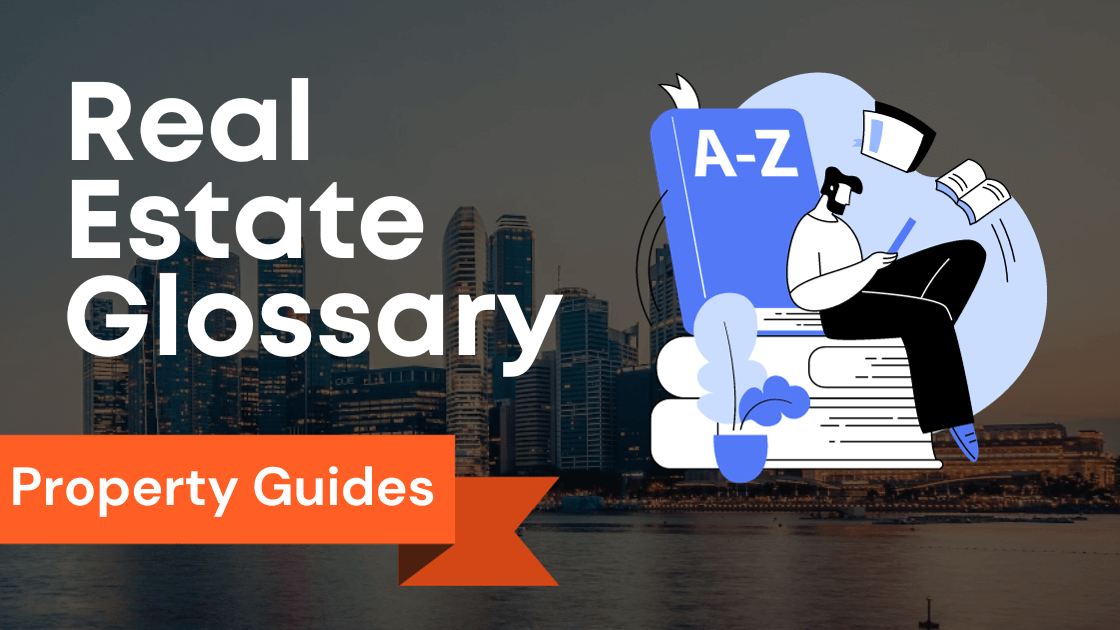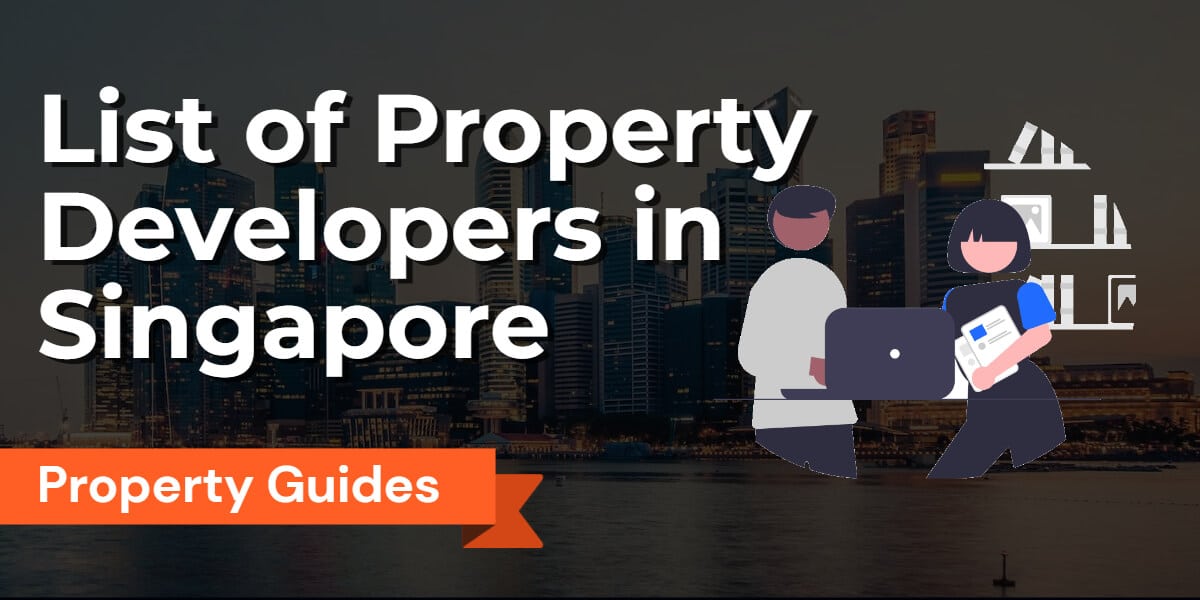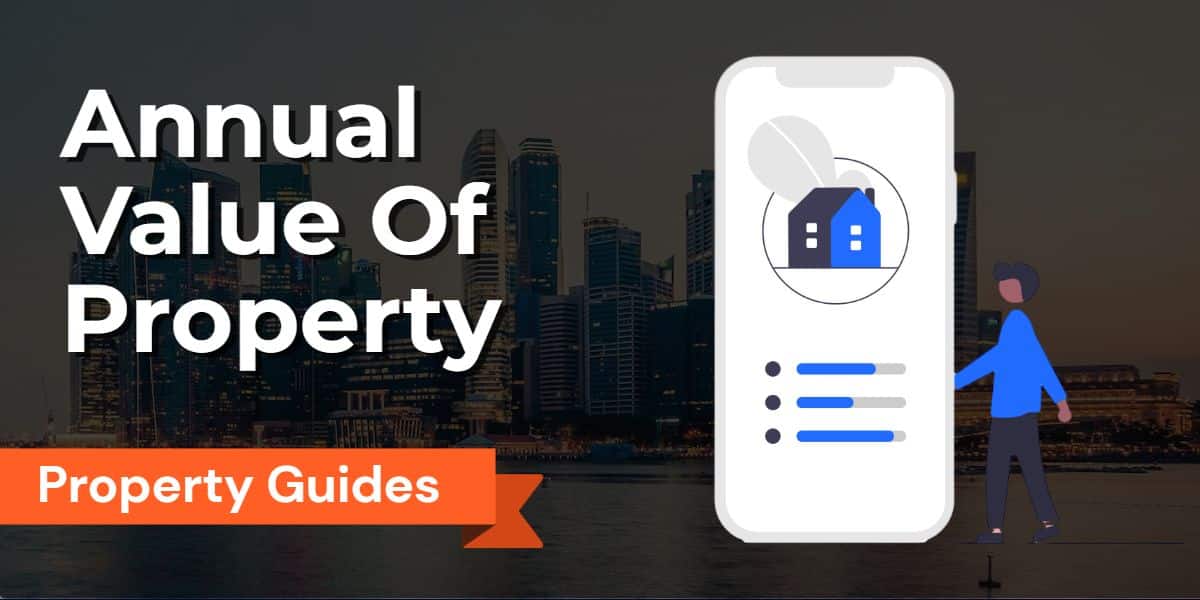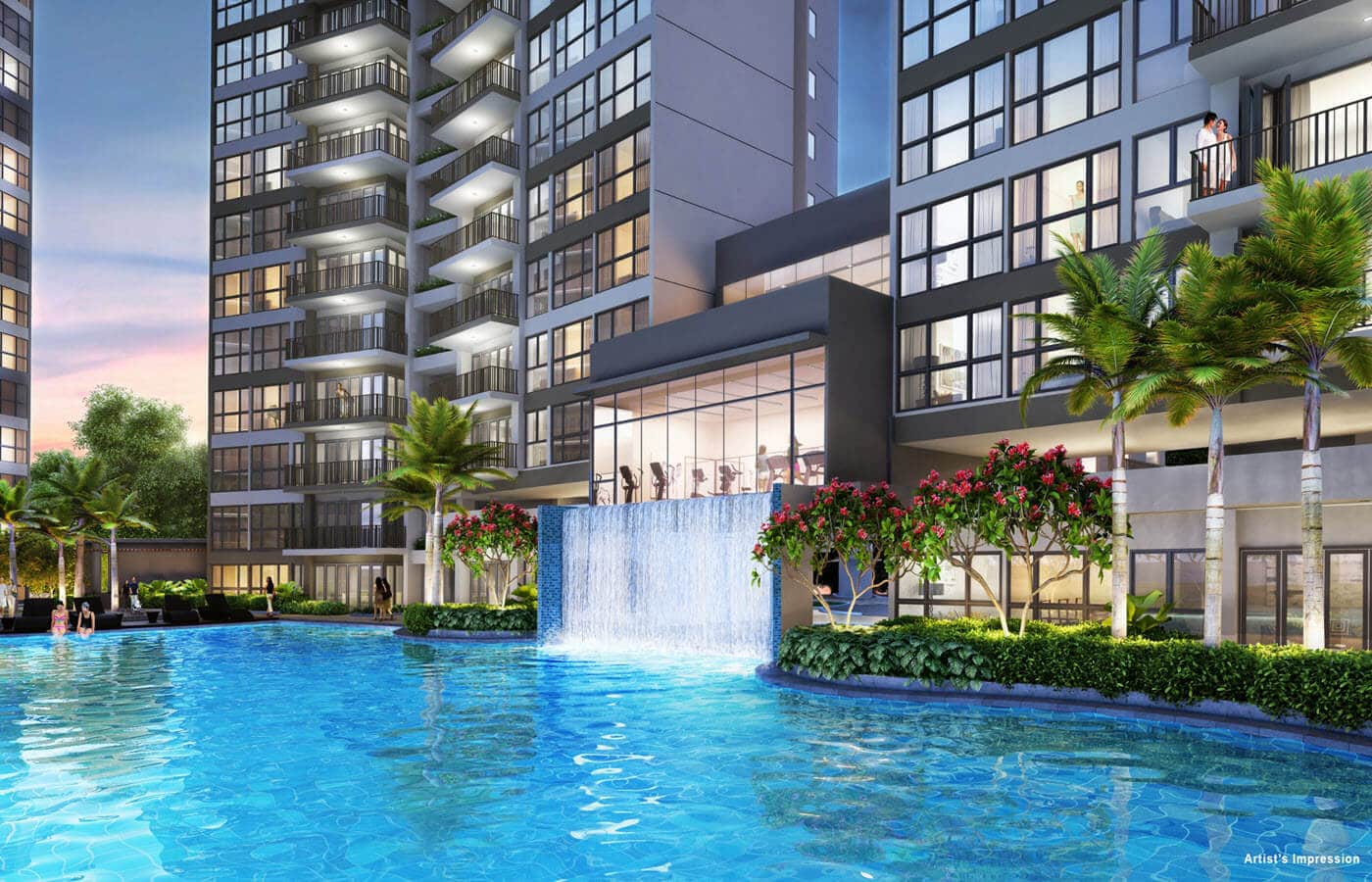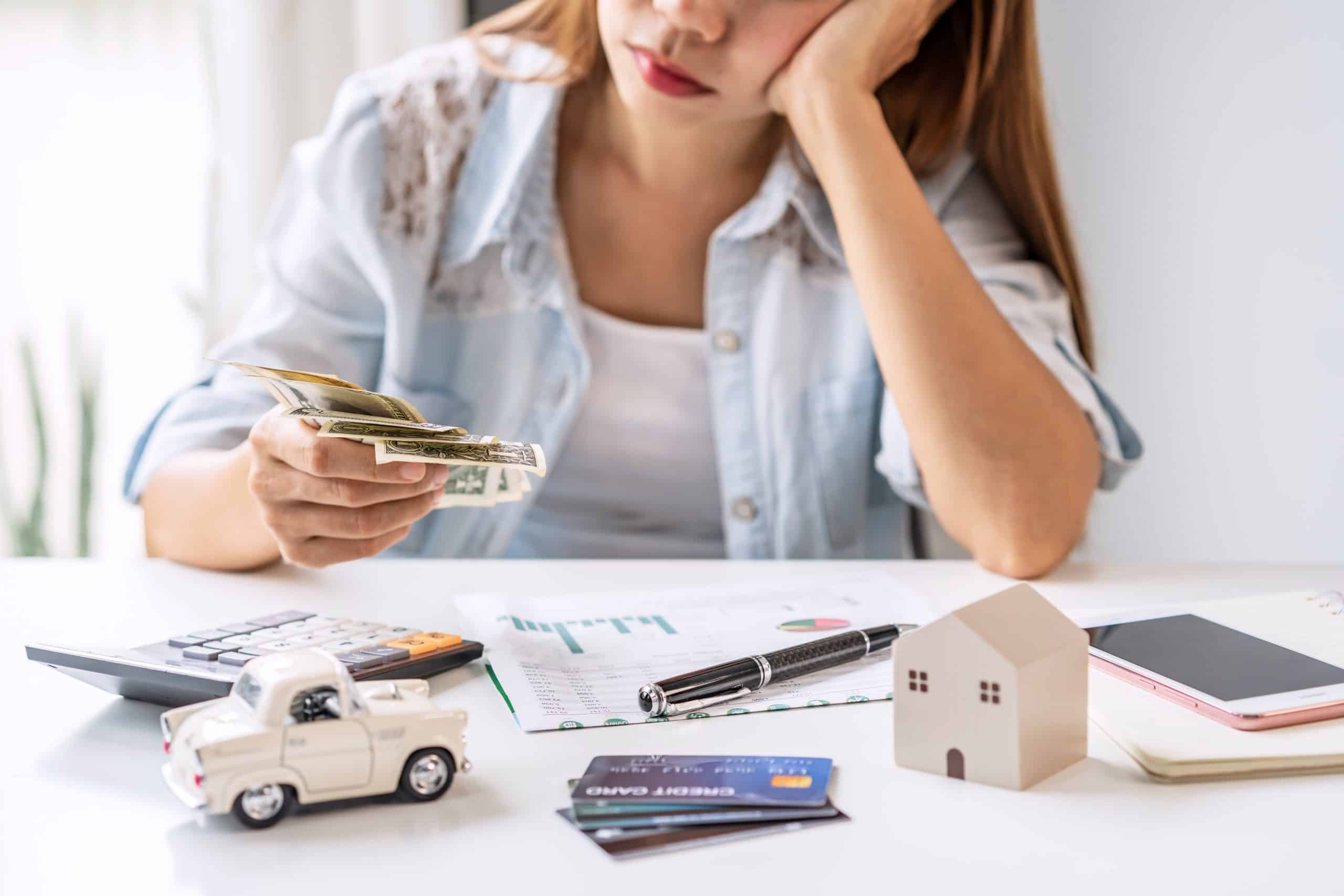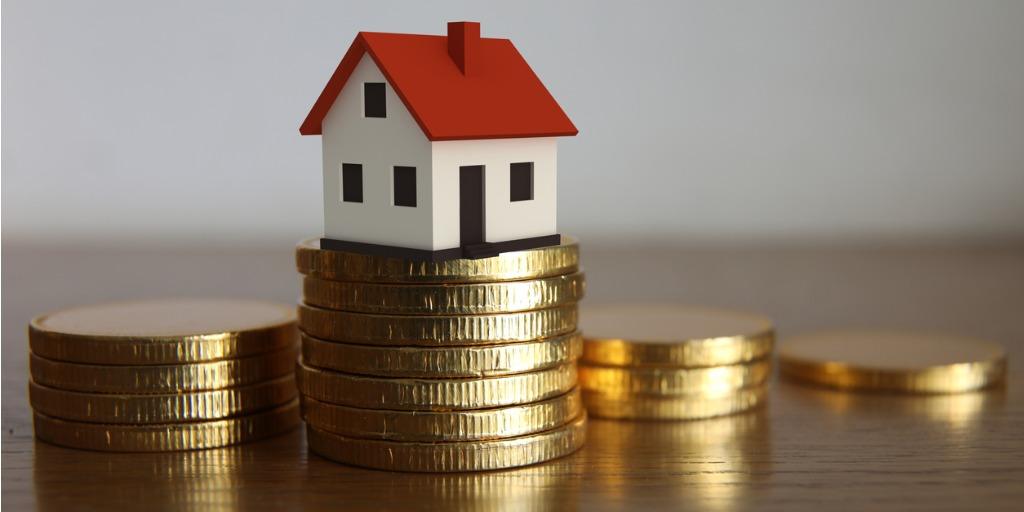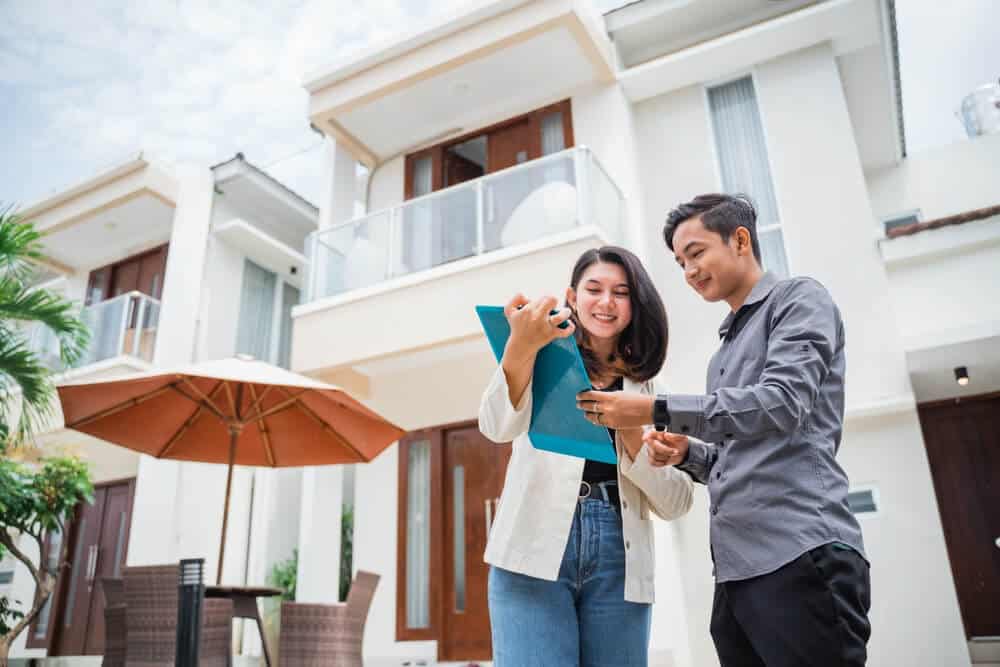
HDB decoupling allows couples in Singapore to split the ownership of their HDB flat, enabling one party to buy another property without paying Additional Buyer’s Stamp Duty (ABSD).
It benefits couples who already own an HDB flat and want to purchase a second property.
Eligibility criteria must be met, and there are risks to consider, such as the impact on CPF and the cost of decoupling.
This blog explores the benefits, risks, processes, and financing options related to HDB decoupling, providing valuable insights for those interested in buying a second property in Singapore.
Key Takeaways
| Key Takeaway | Information |
|---|---|
| What is HDB Decoupling? | HDB decoupling is a process in Singapore that allows couples who jointly own an HDB flat to split the ownership so that one party can purchase another residential property without incurring Additional Buyer’s Stamp Duty (ABSD). |
| Who Can Benefit from HDB Decoupling? | Couples who already own an HDB flat can benefit from HDB decoupling if they want to purchase a second property without paying ABSD. At least one co-owner must be a Singaporean citizen. |
| When is the Best Time to Consider HDB Decoupling? | Couples usually consider HDB decoupling when they plan to upgrade to a bigger or newer home or diversify their investment portfolio by buying another property. Eligibility criteria and requirements must be met before proceeding with HDB decoupling. |
| Benefits of HDB Decoupling | The primary benefit is the ability to buy a second property without paying ABSD, saving a significant amount of money. It also allows for increased investment portfolio. |
| Risks of HDB Decoupling | Risks include the impact on CPF funds, costs of decoupling (legal fees, conveyancing fees, accrued interest), and the need to calculate the share of the property before proceeding with HDB decoupling. |
| Impact of HDB Decoupling on CPF | HDB decoupling can affect the use of CPF funds for financing a second property. Once decoupled, CPF funds used for the existing home cannot be used for the second property, requiring alternative funding sources such as bank loans and cash. |
| Additional Buyer’s Stamp Duty (ABSD) | ABSD is a stamp duty payable on the purchase of a second or subsequent residential property in Singapore. |
| How to Avoid Paying ABSD After Decoupling | To avoid paying ABSD after decoupling, neither party should own any other residential property in Singapore, except the one they are about to decouple. Any other residential property owned must be sold before proceeding with HDB decoupling. |
| Decoupling with an Existing Home Loan | Decoupling is possible even if the HDB property was bought with a home loan, but the mortgage loan for the first property must be repaid in full before decoupling the HDB flat to buy another property. |
| Steps Involved in HDB Decoupling | The steps include agreeing on the share of the property to transfer, engaging a property agent and conveyancing lawyer for the paperwork, and registering the property with the HDB and IRAS. |
| Costs Involved in HDB Decoupling | Costs include legal fees, stamp duty, and conveyancing fees, which can add up to a significant amount. |
| Calculating Share of the Property | The share of the property depends on the percentage of ownership stipulated in the title deed. A property valuer can determine the market value of the HDB flat, and the share can be calculated based on the percentage ownership in the title deed. |
| Market Value of HDB Flat | The market value depends on factors like location, condition, and age. A property valuer can determine the market value of the HDB flat before considering decoupling. |
| Financing Options for Second Property Buyers | Second property buyers can take up property loans, but there are limits on loan amounts based on property value and borrower’s income. Cash and CPF can also be used, |
Understanding HDB Decoupling: An Overview
What is HDB Decoupling?
In Singapore, couples who own an HDB flat jointly may decide to split the ownership so that one party can purchase another residential property without incurring Additional Buyer’s Stamp Duty (ABSD).
This process is called HDB decoupling.
Who Can Benefit from HDB Decoupling?
HDB decoupling is an option that can benefit couples who already own an HDB flat but want to purchase a second property without paying ABSD.
It is not necessary that both parties need to be Singaporean citizens to decouple an HDB flat.
However, at least one of the co-owners must be a Singaporean citizen.
When is the Best Time to Consider HDB Decoupling?
Most couples consider HDB decoupling when they plan to upgrade to a bigger or newer home or diversify their investment portfolio by buying another property.
It is important to note that eligibility criteria and requirements must be met before proceeding with HDB decoupling.
Exploring the Implications of Decoupling for HDB Owners

What are the Benefits of HDB Decoupling?
The primary benefit of HDB decoupling is buying a second property without paying ABSD.
ABSD can add up to a significant amount of money, especially if the second property is a private residence.
HDB decoupling enables you to save money and increase your investment portfolio.
What are the Risks of HDB Decoupling?
One of the most significant risks associated with HDB decoupling is the impact on your CPF.
If you use CPF funds to finance the property purchase, decoupling can affect both your CPF Ordinary Account and your CPF Special Account.
Another risk to consider is the cost of decoupling, including legal fees, conveyancing fees, and accrued interest.
You must also calculate your share of the property before proceeding with HDB decoupling.
What is the Impact of HDB Decoupling on CPF?
HDB decoupling can have a significant impact on your CPF.
Once you decouple your HDB flat, you will lose your eligibility to use CPF funds to finance your second property’s purchase if you used your CPF for the existing home.
This means you may need to source alternative funding sources for your second property purchase, such as bank loans and cash.
Frequently Asked Questions about Decoupling in Singapore
What is Additional Buyer’s Stamp Duty (ABSD)?
Additional Buyer’s Stamp Duty (ABSD) is a stamp duty payable on acquiring a second or subsequent residential property in Singapore.
How Can I Avoid Paying ABSD After Decoupling?
To avoid paying ABSD after decoupling, both parties must ensure that neither owns any residential property in Singapore other than the one they are about to decouple to avoid ABSD.
That means you must sell any other residential property you or your spouse own before proceeding with HDB decoupling.
Can I Decouple My HDB Property if I Bought It with a Home Loan?
Yes, it is still possible to decouple HDB property even if it was bought with a home loan.
However, the mortgage loan for your first property must be repaid in full before you can decouple your HDB flat to buy another property.
How to Decouple Your HDB Property to Avoid Additional Buyer’s Stamp Duty (ABSD)

What are the Steps Involved in HDB Decoupling?
To decouple your HDB flat, both parties must agree on the share of the property they will transfer to each other.
You must engage a property agent and conveyancing lawyer to help you with the paperwork and ensure all legal requirements are met.
Once the paperwork is complete, you can register the property with the HDB and IRAS.
What are the Costs Involved in HDB Decoupling?
Decoupling costs include legal fees, stamp duty, and conveyancing fees.
These fees may add up to a significant amount of money, so it is essential to consider them when deciding whether to decouple your HDB flat to buy a second property.
How Do I Calculate My Share of the Property?
The share of the property you are entitled to will depend on the percentage of ownership stipulated in the title deed.
You will need to engage a property valuer to determine the market value of your HDB flat and then calculate your share based on the percentage ownership stipulated in the title deed.
The Cost of Decoupling: Factors to Consider
What is the Market Value of My HDB Flat?
The market value of your HDB flat will depend on various factors, such as its location, condition, and age.
It is essential to engage a reputable property valuer to determine the market value of your HDB flat before deciding to decouple it.
How Much Will I Need to Pay for a New Property?
The cost of your new property will depend on various factors, such as its location, size, and condition.
You will need to factor in the downpayment, legal fees, and conveyancing fees when calculating the total cost of your new property.
What are the Other Cooling Measures that Impact HDB Decoupling?
Other cooling measures that impact HDB decoupling include the Minimum Occupation Period (MOP) and the Total Debt Servicing Ratio (TDSR).
The MOP is the minimum period that HDB flat owners have to occupy their flat before they are allowed to sell it or buy another residential property.
The TDSR is the percentage of your income that can be used to service your debt obligations, such as mortgage loans.
Exploring the Benefits and Risks of Owning a Second Property in Singapore
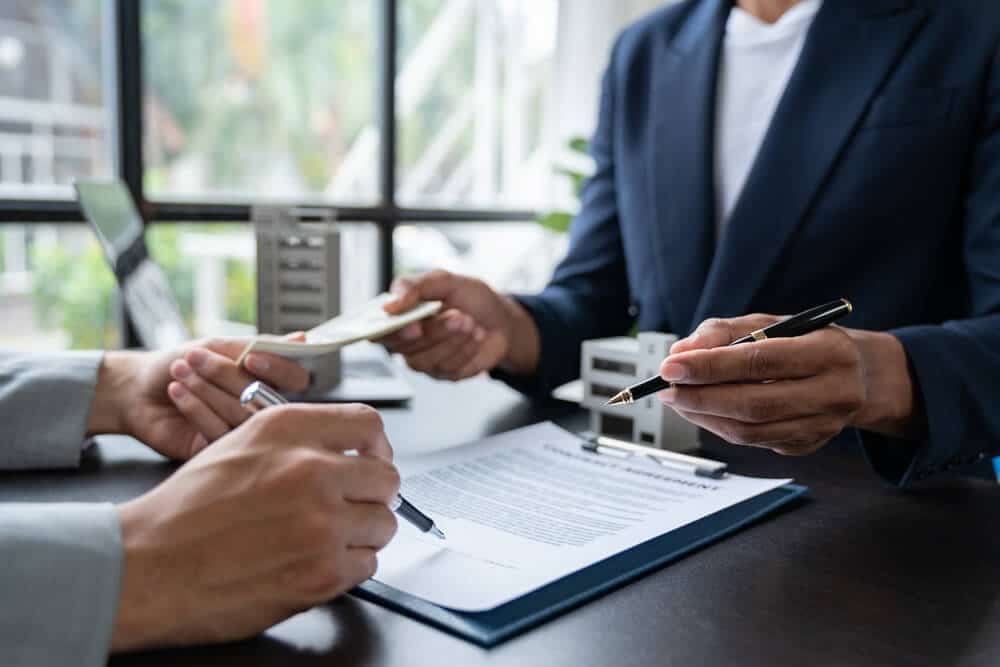
What are the advantages of owning a second property?
Owning a second property in Singapore can provide many benefits, such as additional rental income, diversification of your investment portfolio, and the potential for capital appreciation.
You can also use the property as a holiday home for your family.
Additionally, you can avoid the hassle of renting a property if you need to move away for work or personal reasons.
What are the risks involved in buying another property?
Some risks involved in buying another property include having to take on additional debt to finance the purchase, dealing with tenants who may default on their rent or damage the property, and the potential for property prices to decline.
It’s essential to evaluate these risks carefully before purchasing another property.
How does decoupling help in buying a second property?
Decoupling helps buy a second property by allowing property owners to transfer their share to the other co-owner, effectively reducing the number of properties they collectively own.
This means they can avoid paying ABSD on purchasing another property.
However, specific eligibility criteria must be met to decouple a property.
Navigating the Legal Process of Decoupling in Singapore
What is decoupling, and how does it work?
Decoupling is a legal process in Singapore that allows co-owners of an HDB property to transfer their share of ownership to the other co-owner.
This can be done in various ways, such as selling the claim to the other co-owner or gifting it to them.
Decoupling can help reduce the number of properties owned by the co-owners and, in turn, help them avoid paying ABSD on purchasing another property.
What are the eligibility criteria for decoupling?
To be eligible for decoupling, at least one co-owner must be a Singapore citizen.
The other co-owner can be either a Singapore citizen or a Permanent Resident.
Additionally, the decoupling must be done for valid reasons such as citizenship and medical reasons.
Decoupling must also be done correctly and legally, with all necessary legal documents.
What are the legal documents required for decoupling?
The legal documents required for decoupling include a Transfer of Ownership document, which transfers the ownership share from one co-owner to the other, and a Mortgagee’s consent letter.
The consent letter is required if the property is under an outstanding mortgage or CPF and is necessary to ensure that the mortgage or CPF is updated accordingly after the decoupling.
Decoupling Your HDB Property: A Step-by-Step Guide

What is the process of decoupling?
The decoupling process starts by obtaining the necessary legal documents, such as the Transfer of Ownership document and the Mortgagee’s consent letter.
The co-owner who wants to transfer their share of ownership must sign the Transfer of Ownership document, and the other co-owner must sign the consent letter.
These documents must be submitted to the Inland Revenue Authority of Singapore (IRAS) for stamping and processing.
What are the fees involved in decoupling?
The fees involved in decoupling include stamp duty, legal fees, and valuation fees.
The stamp duty is calculated based on the property’s market value at the time of the transfer of ownership.
Legal and valuation fees may vary depending on the case’s complexity and the property’s value.
What happens to the outstanding mortgage or CPF after decoupling?
After decoupling, the outstanding mortgage or CPF will need to be updated to reflect the change in ownership.
The borrower’s monthly income and liabilities must also be re-assessed to ensure they are still eligible for the outstanding mortgage or CPF.
If the co-owner who transferred their share of ownership is also a borrower, their income and liabilities will also be considered.
Understanding the Cooling Measures and Stamp Duties for Second Property Buyers
What are the additional stamp duties involved in buying a second property?
In addition to the ABSD, other stamp duties and taxes may apply to second property buyers, such as the Buyer’s Stamp Duty (BSD) and the Seller’s Stamp Duty (SSD).
The BSD is a tax on the property’s purchase price and is payable by all property buyers.
The SSD is a tax on the property’s sale price and is payable if the property is sold within a specific timeframe.
Are there any exemptions to paying ABSD?
There are certain exemptions to paying ABSD, such as if the property is purchased for investment purposes or if it is a landed property.
However, these exemptions are subject to certain conditions, and you must check with the IRAS to see if you are eligible.
What are the cooling measures implemented by the government to curb property speculation?
The Singapore government has implemented cooling measures to curb property speculation, such as the Total Debt Servicing Ratio (TDSR) and the Loan-to-Value (LTV) ratio.
The TDSR limits the borrower’s monthly income that can be used to service outstanding debts, while the LTV ratio limits the amount of money that can be borrowed to purchase a property.
These measures prevent borrowers from taking on too much debt and ensure they can afford their monthly repayments.
Strategies to Minimize or Avoid Paying ABSD when Buying Another Property

How can co-ownership help in avoiding ABSD?
Co-ownership can help avoid ABSD by allowing the co-owners to collectively own the property without paying ABSD.
This can be done by transferring ownership of the property to the other co-owner or purchasing the property in both names.
However, it’s important to note that co-ownership also comes with risks and challenges, such as managing the property together and battling it out in court in the event of a divorce.
What are the different types of co-ownership?
The different types of co-ownership include joint tenancy and tenancy in common.
Joint tenancy is when the co-owners have an equal share in the property.
If a co-owner passes away, their share automatically goes to the surviving co-owner(s) according to the right of survivorship.
Tenancy in common is when the co-owners have different stakes in the property, and in the event of a co-owner passing away, their share goes to their estate rather than the surviving co-owners.
What happens in the event of a divorce or if a co-owner passes away?
In the event of a divorce or if a co-owner passes away, the ownership of the property will need to be re-assessed and possibly transferred.
If the property is jointly owned, it can be transferred to one spouse’s name or sold, and the proceeds divided between the co-owners.
If the property is held as tenants in common, the ownership can be transferred to the co-owners estate.
Decoupling to Purchase a Property Without Incurring ABSD
What is decoupling, and how does it work?
Decoupling removes one party’s name from a shared property title, often a husband and wife, siblings, or business partners.
This allows one individual to purchase a property without incurring ABSD, usually required for those buying a second residential property in Singapore.
What are the steps involved in decoupling?
The first step is to engage a lawyer well-versed in property law.
The lawyer will prepare the necessary documents for the transfer of ownership.
Both parties, including those giving up the ownership share of the property, must sign and execute the documents.
Once the documents are completed, they must be lodged with the Singapore Land Authority.
Who is eligible for decoupling?
Any individual who co-owns an existing property with another party and wishes to purchase a second residential property without incurring ABSD can consider decoupling.
Exploring Financing Options: Home Loans and Mortgages for Second Property Buyers

What financing options are available for second-property buyers?
Second-property buyers can take up property loans at a maximum of 75% of the property value for the first property and 45% for the second property.
There is also a threshold for property loans based on the borrower’s income and total outstanding loans.
In addition, cash and CPF can be used to purchase a second property, but the maximum amount that can be used is capped at 1.
5 times the property buyer’s net income.
What are the key considerations when taking up a home loan or mortgage?
When taking up a home loan or mortgage for a second property, it is essential to consider the total loan amount and the repayment period.
It is also important to understand the different types of interest rates available, such as fixed or floating rates, and how they can affect the amount of interest paid over the loan’s duration.
Can cash and CPF be used for the purchase of a second property?
Yes, cash and CPF can be used to purchase a second property, but the maximum amount that can be used is capped at 1.
5 times the property buyer’s net income.
This is to help prevent individuals from over-leveraging themselves and becoming overly indebted.
Key Considerations for Co-Ownership and Transfer of Property Shares
What are the different ways of co-ownership of a property?
There are different ways to co-ownership a property, including joint and tenancy-in-common.
Joint tenancy means that the property is owned equally by all parties.
If one owner passes away, their share of the property will automatically be transferred to the other owners.
Tenancy-in-common means that each owner’s share of the property is distinct and can be transferred or sold as they wish.
How can property shares be transferred between co-owners?
Property shares can be transferred between co-owners through a legal transfer of ownership.
This can be done through a Sale and Purchase Agreement, which will outline the terms and conditions of the transfer.
What are the risks and benefits of co-ownership and property share transfers?
Co-ownership allows individuals to pool resources and purchase a more expensive property than they could afford.
However, risks are also involved, such as disagreements between co-owners or difficulty selling the property if one owner wants to exit.
Property share transfers can also incur legal and administrative costs, which can add to the overall cost of property ownership.
The Role of Property Agents in Decoupling and Second Property Purchases

What do property agents do in the decoupling process?
Property agents can help individuals who wish to decouple their existing property avoid ABSD by providing advice and guidance.
They can also help individuals navigate the Singapore property market and find suitable properties.
How can property agents help with the purchase of a second property?
Property agents can help individuals purchase their next property by providing market insights, negotiating terms of the sale, and assisting with administrative tasks such as financing and documentation.
What are the costs involved in engaging a property agent?
The costs of engaging a property agent can vary, but they usually charge a commission of 1-2% of the property value.
Some agents may also charge additional fees for services such as marketing or valuation.
Assessing the Property Market in Singapore: Trends and Outlook for Second Residential Property Buyers
What is the current state of the Singapore property market?
The Singapore property market has experienced fluctuations in recent years, with the introduction of property cooling measures to curb rising property prices.
However, despite the COVID-19 pandemic, the property market has remained relatively stable, with prices remaining steady in most areas.
What are the trends and projections for second residential property buyers?
Second residential property buyers are expected to remain active in the market, particularly given the relative stability of the property market.
However, it is essential to note that the property cooling measures will still be in place, and buyers must carefully consider their options before purchasing.
What are the key factors to consider when assessing the property market?
When assessing the property market, it is essential to consider factors such as location, property type, and market demand.
It is also necessary to consider property ownership’s potential risks and benefits, including mortgage repayments, property tax, and maintenance costs.
Conclusion
In conclusion, HDB decoupling is a viable option for couples in Singapore who want to purchase a second property without incurring Additional Buyer’s Stamp Duty (ABSD).
By splitting the ownership of their HDB flat, one party can buy another residential property without the financial burden of ABSD.
However, there are risks, such as the impact on CPF funds and the costs associated with decoupling.
It’s important to carefully evaluate your eligibility and financial situation before proceeding with HDB decoupling.
We have other informative blog articles available if you want to explore more about HDB decoupling or related topics.
Check out our articles on the benefits and risks of owning a second property, the legal process of decoupling in Singapore, strategies to minimize or avoid paying ABSD, financing options for second property buyers, and critical considerations for co-ownership and transferring property shares.
These articles will provide you with further insights and guidance on making informed decisions regarding property ownership in Singapore.
Frequently Asked Questions
What is HDB decoupling?
HDB decoupling removes one person’s name from a jointly-owned HDB flat without selling the property.
Why do people choose to decouple their HDB flat?
People choose to decouple their HDB flat to avoid paying the Additional Buyer’s Stamp Duty (ABSD) when they want to purchase another residential property.
Who can decouple an HDB flat?
Any person or married couple who own an HDB flat together can decouple their property.
Can private property owners also decouple their property?
Yes, private property owners may also decouple their property.
How does decoupling work for condos?
Decoupling works the same way for condos for HDB flats.
It involves removing one person’s name from the property owner without selling it.
What is the rule for subsequent properties for residential property purchases?
The rule states that if you own one residential property, you must pay ABSD on subsequent purchases.
Are private condos exempt from ABSD?
No, private condo owners must also pay ABSD unless they qualify for a loophole or exemption, such as financial hardship.
Can property investors use decoupling to avoid ABSD?
Property investors can use decoupling to avoid paying ABSD on their second property.
What are the potential additional costs associated with HDB decoupling?
Potential additional costs include Seller Stamp Duty (SSD), legal and consultation fees, and mortgage costs if you need to take out a loan for the decoupling process.











